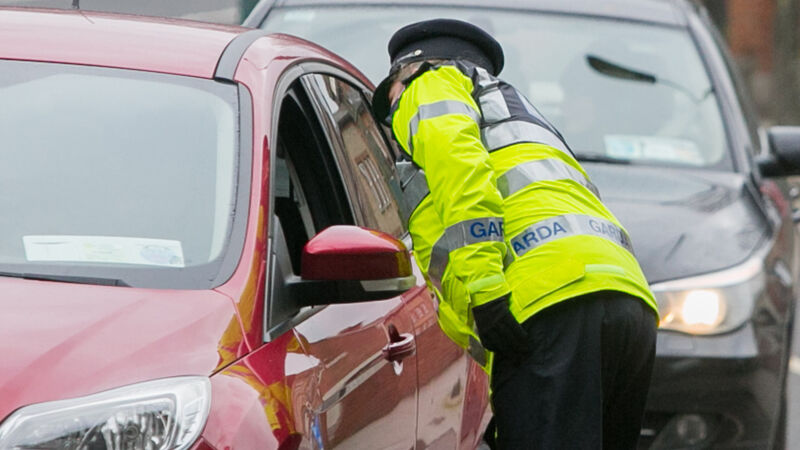CSO figures indicate more people are moving beyond 10km of home

Members of the Gardai at a checkpoint in Dublin. Gareth Chaney/Collins
The number of people staying close to home has fallen slightly, according to the latest data from the Central Statistics Office (CSO).
The CSO has published the eighth Staying Local Indicator (SLI) and it found that in the week ending March 19, around 65.1% of the population stayed local.










